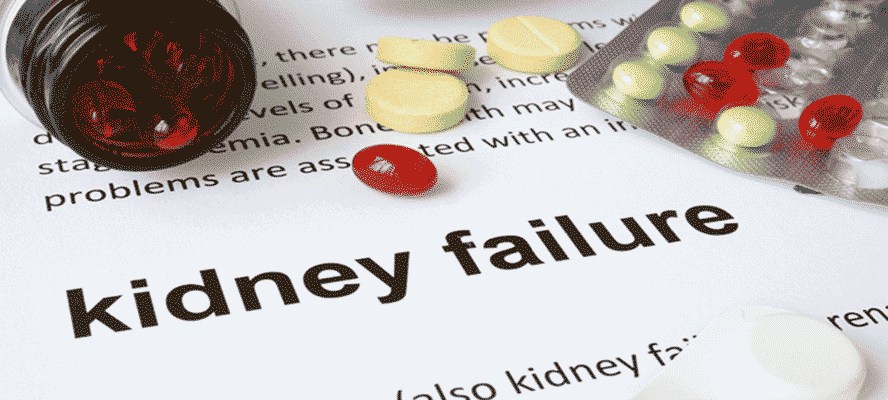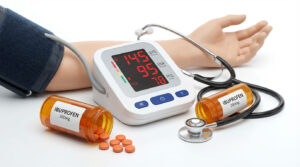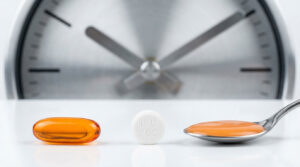Today painkillers have become a part and parcel of our everyday life. Be it a body pain, a headache or the pain of a wound, one pill can give us relief for some period of time! And we often tend to stay contented with this belief without making an attempt to know more about these magic pills other than their pain relieving feature. The National Institutes of Health (NIH) recently issued a report stating that combinations of antipyretic analgesics, taken in large doses over a prolonged period, cause a specific form of kidney disease and chronic renal failure. Also, taking painkillers for more than 10 years triples the risk of kidney disease and there are hundreds of people who are on kidney dialysis or received transplants or have died due to kidney damage or kidney failure from painkillers. Quite alarming- I must say. Some medications are nephrotoxic, which means that they have an elevated risk for harming the kidneys. In the worst case, the drug causes kidney failure while in other cases, the kidneys are damaged but may not fail.








